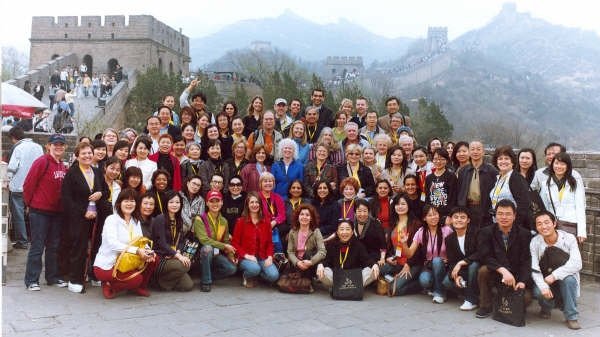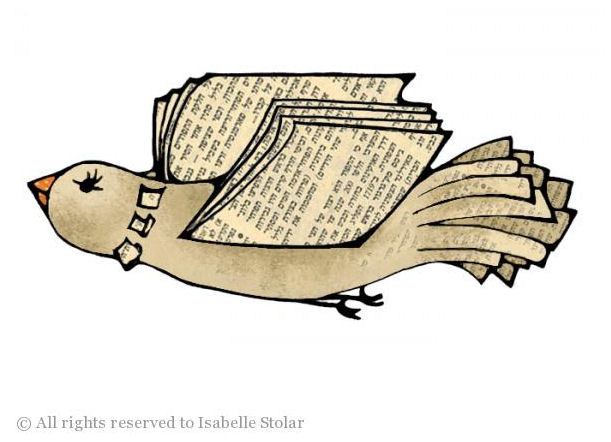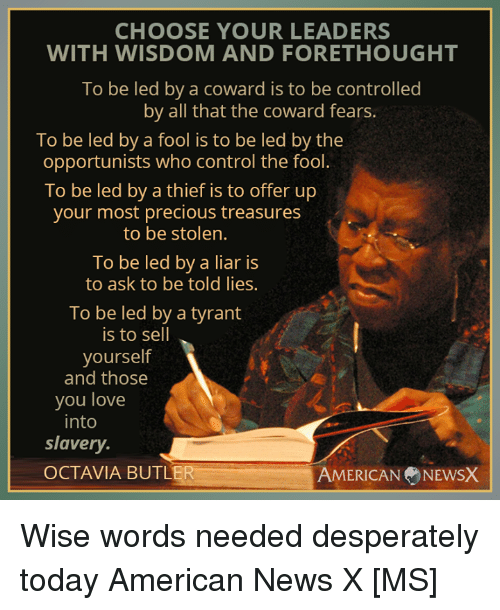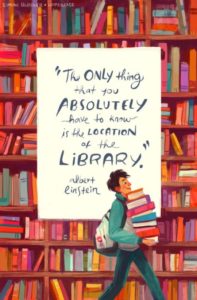A statement someone made recently jumped out at me. They said they rarely take risks. I was amazed. I consider myself a very careful person, but I often feel like my risks are the challenges I take on. Of course, I’m not talking about doing anything like this!

Perhaps it’s the definition of the word risk [enter student’s clichéd discovery of dictionary definition to make written assignment longer]. Wink
I see risk as a transition and an opportunity. Now, if the risk doesn’t have that element, I won’t do it. In some ways, we all take risks every day. There are certain risks I simply won’t consider, the consequences are just too costly.
Professionally, I was always taught to say ‘yes,’ if you want to work. People want to know that you will say ‘yes,’ when they ask. It saves time for those hiring. That’s a musician’s point of view. It’s the way you keep getting more opportunities – or, for those who prefer less formal constructs – How you get more gigs. Regrets, yes, certainly. I said ‘no’ to a really good opportunity, which was a risk, because I was just getting married (hence, already in the midst of a transition) and didn’t want to spend my honeymoon thinking about the project and risking the beginnings of our marriage… I’ll always think about where that job might have led. But see, once again, I keep going back to the positive-negative balance of risks.
And I’ll admit to some positive/negative possibilities. I’ve walked into a classroom and spoken completely ‘off the cuff,’ which is definitely a risk. It’s not that I hadn’t thought about it. I had. I know my subject deeply. Some of those have been my most inspired lectures, but occasionally, they have not. It’s a risk.
How about classroom management? I had a student who sat in the front row of class and never took a note. (This is a room that is set up as a lecture/recital hall, so down in front is noticeable.) In fact, he came in without anything – no books, no notebook, no pen/pencil or computer. Nothing. An instructor would assume he didn’t come prepared for class. And we’ve all had those students who obviously weren’t. Did I mention this was a long lecture format? The class was two hours and twenty minutes long. Should I say anything to him? He wasn’t disruptive, and he did well in the subject. One day he came in with a Rubik’s cube. I saw it, but chose not to say anything. As the lecture was finishing I just happened to look over at him. He subtly showed me his work by merely opening his hand. It was finished, and it was perfect. He hadn’t been disruptive to anyone, he didn’t show anyone else, I hadn’t been interrupted by what he was doing, but it allowed him to concentrate on what we were talking about. A risk, and a reward.
Deeper Risks
I could stop there, because it would be a great place to end – but I’m going to “risk” it and go heavy. As I mentioned earlier, we take risks every day. Driving, flying, walking down a set of stairs, saying something that you wish you hadn’t. I never discuss politics. I’ve gotten to where I rarely offer comments – especially to the entire world on any of those fronts.
But I’m going to include the world community and the risks people are facing today because we need to be talking about this in our classrooms. These are the ultimate risks because they are about basic human needs. This is not something that is happening somewhere else. It will ultimately affect us here. I was just reading an article about the fact that many Russians are also leaving their homeland, just as many Ukrainians are – except those who choose to fight. There is a general surge of people trying to survive with some semblance of their lives intact. In the article, the author referred to a family’s current residence, a shared room with three mattresses on the floor. The people had a roof, they had mattresses, a floor, running water, and they still had some money. They had been well-to-do so such living conditions would not have been acceptable in their previous life, but under the circumstances they knew they were lucky. They calculated the risk and felt they’d come out ahead considering the cost.
I first saw evidence of the collapse of the Soviet Union in the 1990s in Sweden. I ended up working with two Russian musicians as part of a Swedish quartet. There were interesting cultural flare-ups that surprised me. But like other recent mass emigrations, everyone was, and had been, fleeing for their lives. It’s amazing what we are willing to risk when we feel that we have little left to lose or too much to lose – our lives or our children’s lives.
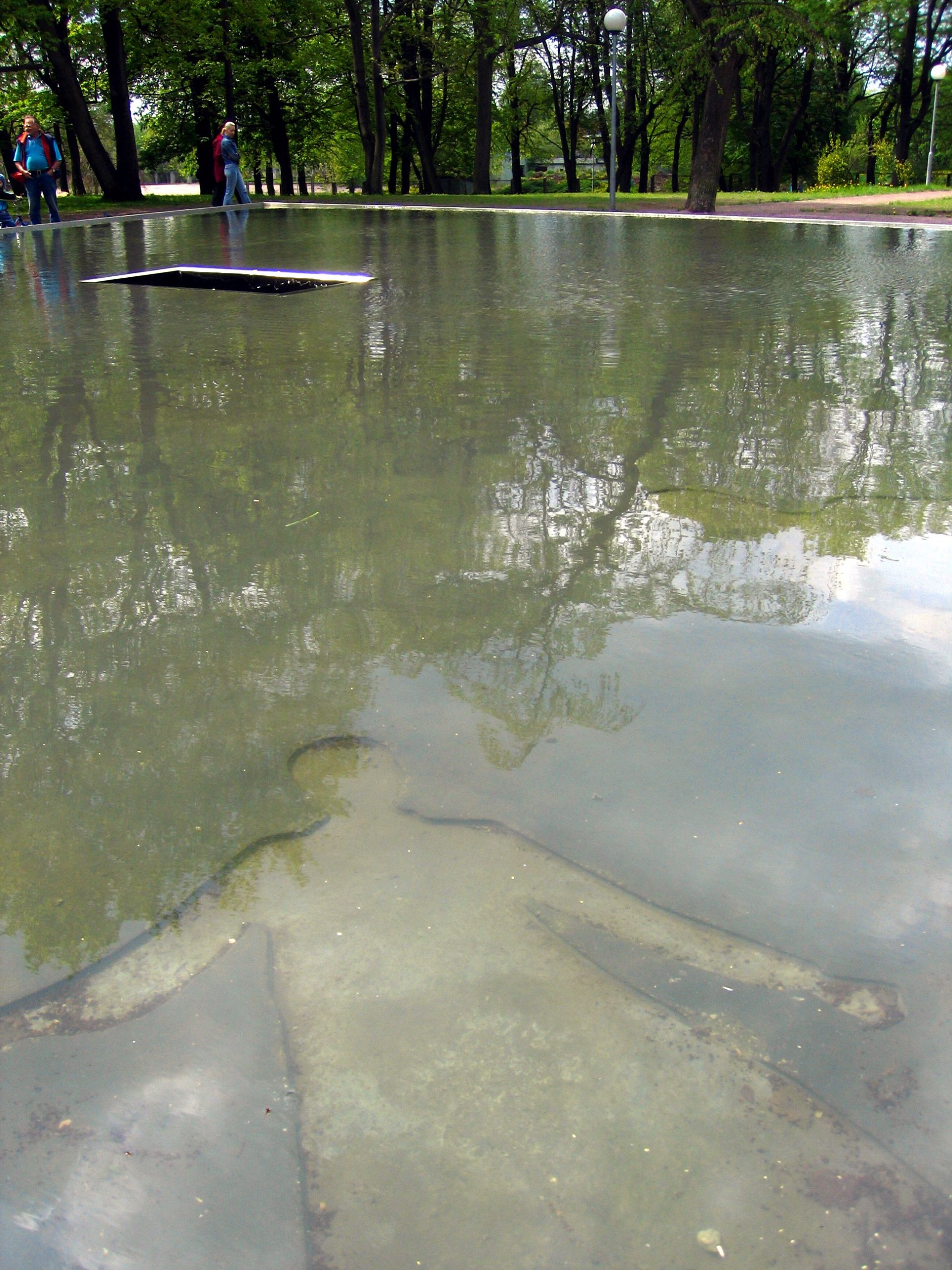
In Estonia, ten years after the last Russian troops slowly left, I moved there, and in my research I learned more of Stalin’s ’round up’ of people. Sometimes there were lists, sometimes just numbers. ‘Take this number of people. I don’t care who.’ They disappeared or went to gulags. Often, no one ever knew whether they were killed outright or just never seen again. How can you live with that threat? I was part of an interview team to determine whether a young Estonian man would study in the U.S. when he talked about the importance of the NATO alliance to his country. I knew about NATO. It also meant, in couched terms, the U.S., from where funding came for this prestigious scholarship. I occasionally thought about NATO – but not to the extent that this young man understood it because the Estonians had few defenses against the Russians on their shared border. We, as Americans, have the luxury of a different point of view.
Before I sign off, I want to mention that moving people, their craft, their professions, their influences, and their cultures affects everything. It affects the arts, music, the humanities, science, technology, engineering, people, and even education. Would you stay or would you go? Ultimately, when we talk about risks, these are the most critical risks to discuss. I truly believe as educators everything we do counts, but we are also lucky that we can talk about risks that are so relatively ordinary when others face risks that are so tremendously devastating.

